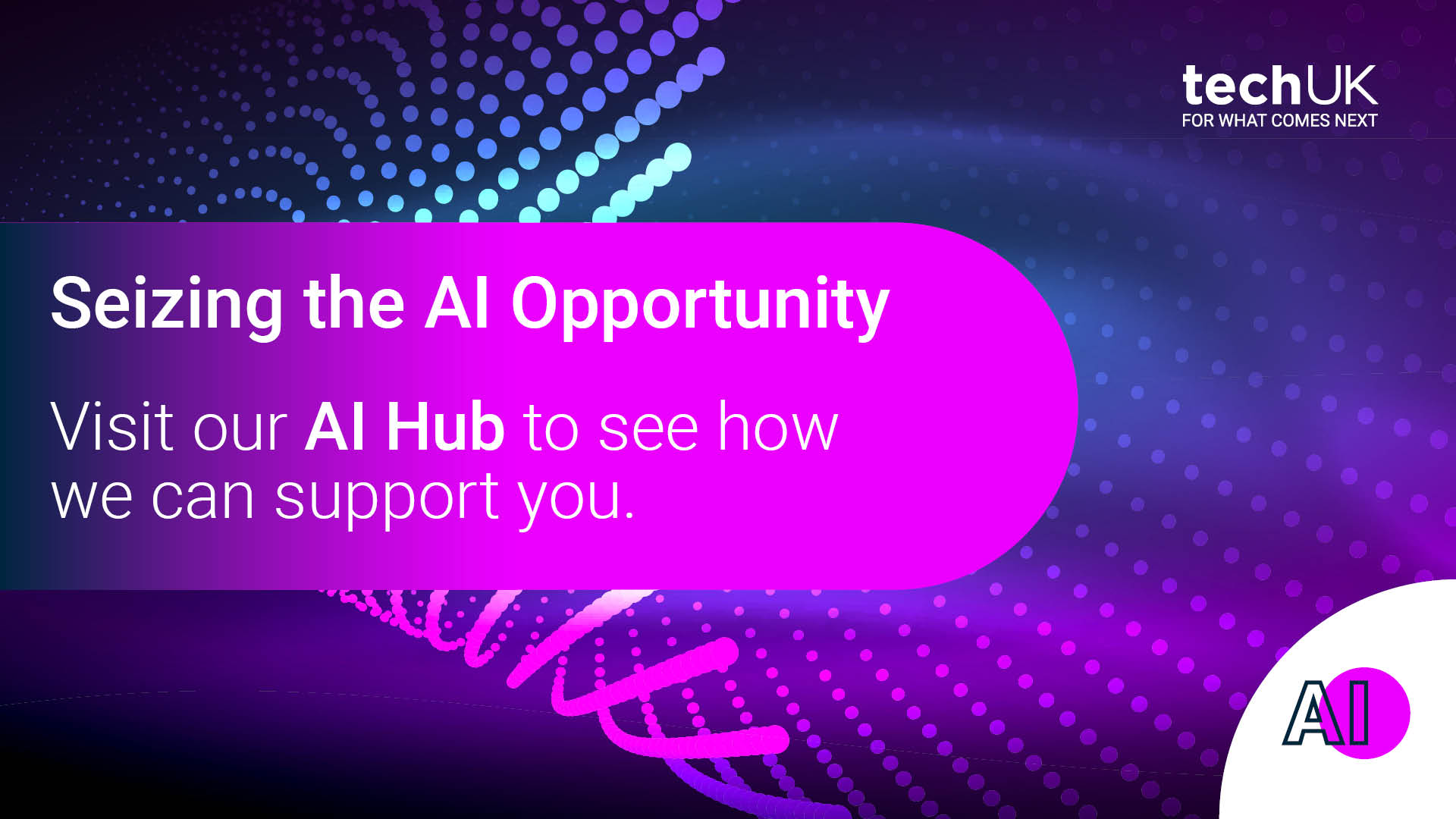Harnessing AI for societal good: addressing public sector challenges
While often associated with private enterprise, AI's most profound impact may well be in the public sector. A recent report from Microsoft suggests that AI could save the public sector millions of hours of time each week. But how exactly can AI transform the public sector and create this monumental impact?
To answer this question, we'll explore several AI projects that Trilateral Research is currently involved in. These examples demonstrate how AI is being applied to address real challenges in child safeguarding, environmental health, and policy development, offering insights into the practical benefits of AI in our communities.
Breaking down information silos
For decades, the public sector has struggled with managing its data. Legacy systems, bureaucratic red tape, and a lack of interoperability between agencies have created a maze of information silos. The ONS published a report this year that suggests these continue to hinder effective decision-making and slow down critical processes. But AI can provide a solution.
AI excels at processing and integrating vast amounts of data from diverse sources. This capability allows public sector organisations to:
-
Create comprehensive views of complex situations quickly and easily.
-
Identify patterns and connections that humans might miss.
-
Enable faster, more informed decision-making across departments and agencies.
One clear example of this is CESIUM, our groundbreaking child safeguarding AI solution. This tool tackles one of the most persistent challenges in child protection: data sharing. By integrating information from multiple agencies, CESIUM breaks down the walls that have long separated crucial pieces of the safeguarding puzzle.
The benefits of this approach are clear. Social workers, healthcare professionals, and law enforcement can now access a comprehensive view of a child's situation. This holistic perspective enables faster, more informed decisions, ultimately leading to improved outcomes for all involved.
Enhancing decision-making in critical areas
Traditional approaches to risk assessment in the public sector often rely on reactive measures. This is not due to a lack of willingness, but often due to constraints. AI enables a shift from reactive to proactive strategies. By analysing historical data and identifying patterns, AI can:
-
Predict potential issues before they escalate.
-
Allocate resources more efficiently.
-
Support human decision-makers with data-driven insights.
There are many issues that benefits from this, but one that stands out is air pollution. STRIAD:AIR demonstrates AI's ability to predict and mitigate health impacts of air pollution. In Trim, Country Meath, this innovative platform is providing hyperlocal air quality information. By modelling the effects of air pollution on diseases like diabetes and heart disease, STRIAD:AIR is enabling more targeted interventions and policy decisions.
Empowering communities with data-driven insights
One of the most exciting aspects of AI in the public sector is its ability to transform raw data into actionable insights. Too often, valuable information remains hidden within dense reports or obscure databases, its potential untapped. While individuals and communities may contribute significant data, traditional analysis methods often fall short in extracting meaningful patterns and trends.
AI can bridge this gap by:
-
Analysing vast quantities of complex data to identify key patterns and correlations.
-
Generating predictive models to anticipate future trends and needs.
-
Providing real-time analysis for rapid decision-making and response.
The RESTART project exemplifies this power of AI-driven insights in policy-making. By analysing survivor testimonies of modern slavery in real-time, the project generated crucial insights that informed more effective support systems and policy recommendations. This approach ensures that the lived experiences of those most affected directly shape decision-making, leading to more responsive and empathetic public services.
Through such applications, AI not only processes data more efficiently but also uncovers hidden connections and trends that human analysts might overlook. This capability enables policymakers and service providers to make more informed, data-driven decisions that can significantly improve public services and outcomes for communities.
A new era of public service
As we look to the future, it's clear that AI has the potential to transform how we address societal challenges. By breaking down information silos, enhancing decision-making, and empowering communities, AI is ushering in a new era of more effective, responsive public services.
However, it's crucial to remember that AI is a tool, not a panacea. Its development and deployment must be guided by ethical considerations and human oversight. The examples we've explored - from CESIUM to STRIAD:AIR to RESTART - all emphasise the need for Responsible AI solutions.
The future of AI in public service isn't about replacing human judgement, but about providing enhanced insights that support it. By embracing these technologies responsibly, we can work smarter, act faster, and create a brighter future for everyone in our society. The challenge now is for policymakers, technologists, and citizens to come together and harness this potential for the greater good. The tools are at our fingertips; it's time to put them to work.
Dive deeper with more AI insights:
If you're interested in AI adoption you can find more insights on our AI Campaign Week page, here:

Stay up to date with techUK AI Adoption work:
To help promote greater levels of responsible AI adoption, techUK is working alongside its members and key stakeholders across the AI ecosystem to demonstrate the significant benefits of this technology for both the economy and society. The best way to stay up to date with our work is to visit our AI Adoption Hub.
Call for AI Adoption case studies:
As part of techUK’s 2024 AI Campaign Week, we are launching a call for techUK member case studies, to demonstrate how organisations are tackling the barriers to AI adoption to maximise AI's potential. These case studies will be showcased to UK organisations that are also embarking on their AI adoption journeys, providing them with practical examples and insights to guide their Putting AI into Action efforts. Learn more here.
techUK - Seizing the AI Opportunity
The UK is a global leader in AI innovation, development and adoption.
The economic growth and productivity gain that AI can unlock is vast, but to fully harness this transformative opportunity, immediate action is required. Our aim is to ensure the UK seizes the opportunities presented by AI technology and continues to be a world leader in AI development.
Get involved: techUK runs a busy calendar of activities including events, reports, and insights to demonstrate some of the most significant AI opportunities for the UK. Our AI Hub is where you will find details of all upcoming activity. We also send a monthly AI newsletter which you can subscribe to here.
Upcoming AI events
Latest news and insights
Subscribe to our AI newsletter
AI and Data Analytics updates
Sign-up to our monthly newsletter to get the latest updates and opportunities from our AI and Data Analytics Programme straight to your inbox.
Contact the team
Visit our AI Hub - the home of all our AI content:









